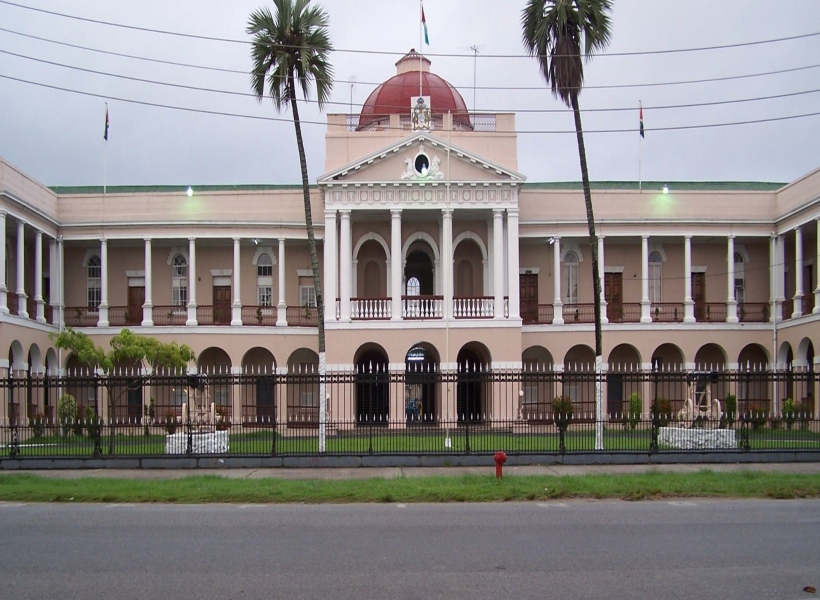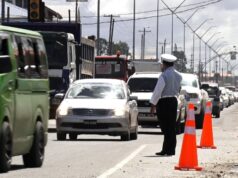The International Court of Justice (ICJ) this morning approved Guyana’a request for provisional measures amid concerns over Venezuela’s Consultative Referendum, scheduled for December 3, 2023.
In a unanimous decision, the ICJ outlined the following provisional measures:
1. Restrictions on Venezuela’s Actions:
The Bolivarian Republic of Venezuela is directed to refrain from taking any steps in the disputed territory until a final decision is reached.
2. Avoidance of Aggravating Actions:
Both Guyana and Venezuela are instructed to abstain from actions that could escalate or prolong the existing controversy, making resolution more challenging.
Guyana had filed the request for provisional measures on October 30, 2023, citing concerns over Venezuela’s Consultative Referendum. The Venezuelan government, through its National Electoral Council, had proposed questions aiming to gauge public opinion on the territorial dispute with Guyana.
The questions, as detailed in Guyana’s submission, were designed to garner support for Venezuela’s unilateral measures, including the annexation of the contested territory.
In response to Guyana’s request, the ICJ issued these specific measures:
1. Halt to Consultative Referendum:
Venezuela is prohibited from proceeding with the Consultative Referendum in its current form, particularly excluding the First, Third, or Fifth questions.
2. Avoidance of Legal Encroachment:
Venezuela is restrained from including any question in the referendum that intrudes upon legal matters awaiting the ICJ’s judgment, such as the validity of the 1899 Award and sovereignty over the disputed territory.
3. Preservation of Status Quo:
Venezuela is barred from taking actions preparing or allowing the exercise of sovereignty over any territory awarded to British Guiana in the 1899 Arbitral Award.
4. General Restraint:
Venezuela is instructed to refrain from any actions that could worsen or extend the ongoing dispute.
The ICJ’s decision aims to maintain the status quo until a final resolution is reached, emphasizing the importance of avoiding actions that might complicate the path to a peaceful settlement. The provisional measures underscore the court’s commitment to a fair and impartial process in resolving the Guyana-Venezuela territorial dispute.
Guyana and Venezuela have long been engaged in a border controversy, however, tensions escalated in September, when the Spanish-speaking nation strongly objected to Guyana’s 2022 Licensing Round for oil blocks, primarily citing concerns related to maritime delimitation.
Venezuela had issued a strongly worded communique, expressing apprehension about Guyana’s intentions to auction specific oil blocks in the disputed waters off its coast. The communique also contained veiled threats to take “all necessary measures” to prevent operations authorized by Guyana in these contested waters, which Venezuela lays claim to.
Further complicating matters, Venezuela has scheduled a referendum for December 3, 2023, regarding its claims to Guyana’s oil-rich territory. The questions approved for the referendum included the creation of a Venezuelan state in Guyana-Essequibo, along with an accelerated plan to grant Venezuelan citizenship and identity cards to the Guyanese population.
It is worth noting that such actions run counter to international law, which strictly prohibits the seizure and annexation of one country’s territory by another.













